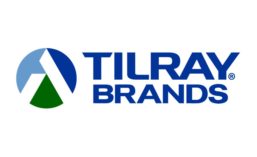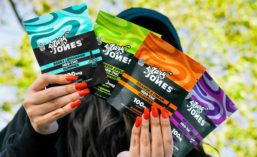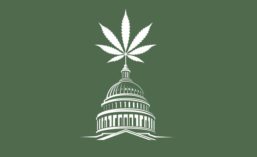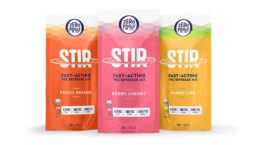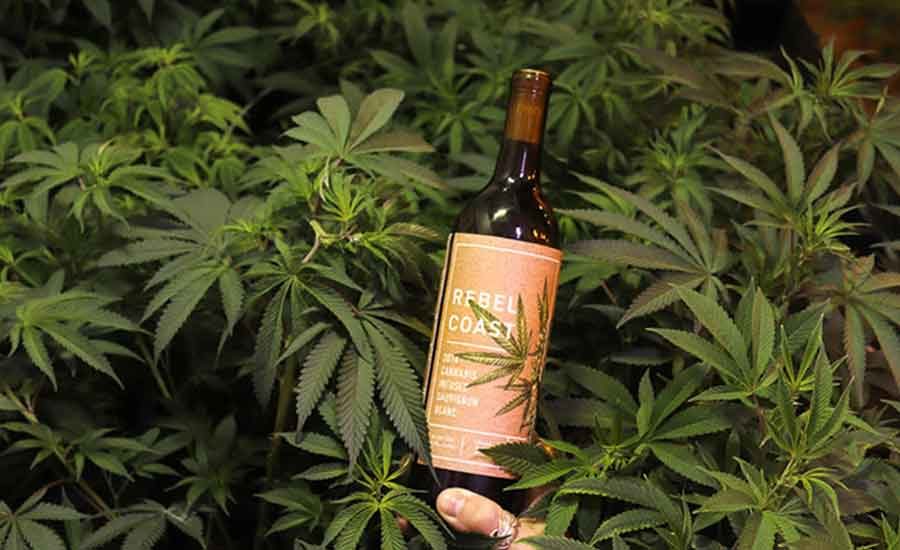Cannabis
Find the latest industry news, product introductions, and trends for the legal cannabis market.
ARTICLES
Company adds THC, CBG beverages under XMG Zero, XMG+ sub-brands.
Read More
Jones Soda Introduces Mary Jones Hemp Gummies
Available in four flavors, the gummies come in 50 mg and 100 mg packs.
May 2, 2024
Grön introduces Tart Cherry Sugar-Coated Pearls with TruCBN
Each pearl features 2.5 mg THC and 25 mg TruCBN.
May 1, 2024
AP: DEA to reschedule cannabis
The federal agency’s proposal still requires review from White House Office of Management and Budget.
April 30, 2024
Punch Edibles & Extracts acquires Tempo Crackers
Punch previously served as Tempo’s manufacturer.
April 30, 2024
TeaPot Blackberry Rooibos Good Evening Iced Tea
Boston Beer Company's cannabis beverage brand continues expansion across Canada
April 30, 2024
COUNTDOWN 10mg THC-Infused Energy Drinks
The lightly carbonated drinks are sweetened with cane sugar and contain less than 50 calories per can
April 9, 2024
Charlotte's Web Stay Asleep CBN Gummies
The melatonin-free gummies offer distinct benefits for people suffering from poor sleep
March 29, 2024
Cannabis spirits shake things up as alternatives to alcohol
Pamos, Nowadays offer multiple dosing options for flexibility.
January 30, 2024
Curaleaf Stir Fast-Acting THC Beverage Mix
Stir by Zero Proof transforms sparkling water into a fast-acting, elevated cannabis experience
January 24, 2024
IMAGE GALLERIES
Cannabis Foods & Beverages
As more states legalize recreational marijuana, the varieties of pot-enhanced food and beverage will increase. Take a look at this Prepared Foods’ Product Gallery, highlighting several recent releases in the growing edibles market. Look out for continued interest and acceptance in a host of snacks, treats, and beverages that feature the added benefits of cannabis.
Posted: February 14, 2018
